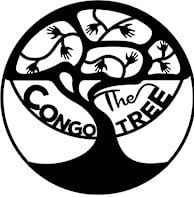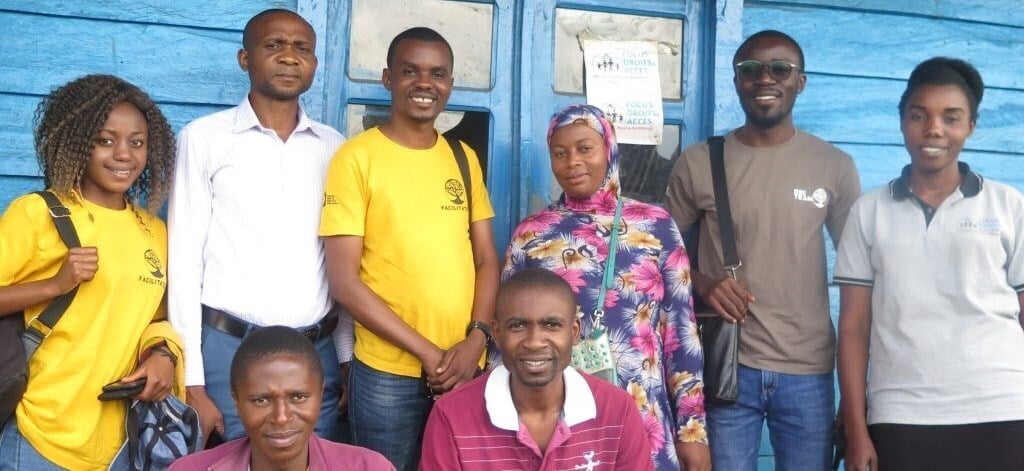About us
The Congo Tree is a youth development charity based in DRC and the UK. We believe in developing the skills of young people – the next generation of leaders. Our WYLD Programme equips young people with transferable ‘life’ and leadership skills, supports them with mentoring and encourages them to get involved in their community.
The Story of DRC
The Democratic Republic of Congo is approximately the size of Western Europe and is extremely wealthy in natural resources, beautiful rainforest and dramatic landscapes, as well as a vibrant and hospitable culture. Yet for decades, DRC has been characterized by extreme violence and rebel forces, mining and illegal smuggling of resources such as gold and coltan, mass population displacements, recruitment of child soldiers, widespread rape, corrupt leadership, lack of governmental infrastructure and justice, a collapse of public health services, and acute poverty.
Ongoing conflict in the eastern part of DRC has resulted in the loss of more lives than any other conflict since World War II – a reported 5.4 million since 1998 – and in the last year alone, 2.7 million people were forced to flee their homes. According to the UNDP’s Human Development Index, DRC is the most underdeveloped country in the world.
The conflict has had the largest impact on women and children and, with an average of 48 women and girls raped every hour, it is one of the most dangerous countries for a woman to live. In some areas as many as 1 in 5 children die before the age of 5, most often due to preventable to diseases. Over 4 million children are orphaned. More than 25% of children ages 5 to 14 are already working. Tens of thousands of children in DRC have fled their families due to abuse or being accused of witchcraft, and most of these children now live on the streets of towns and cities, vulnerable to further violence and abuse. The 2008 Child Soldiers Global Report suggests that approximately 30,000 children were involved in armed forces and other militias at the end of 2003.
Sources: UN Data (data.un.org), UN Development Statistics (hdr.undp.org/en), World Bank study on Education in DRC 2009, Unicef, Save The Children, War Child, Child Soldiers Global Report 2008, IRIN News (irinnews.org) and BBC News (bbc.co.uk/news)



